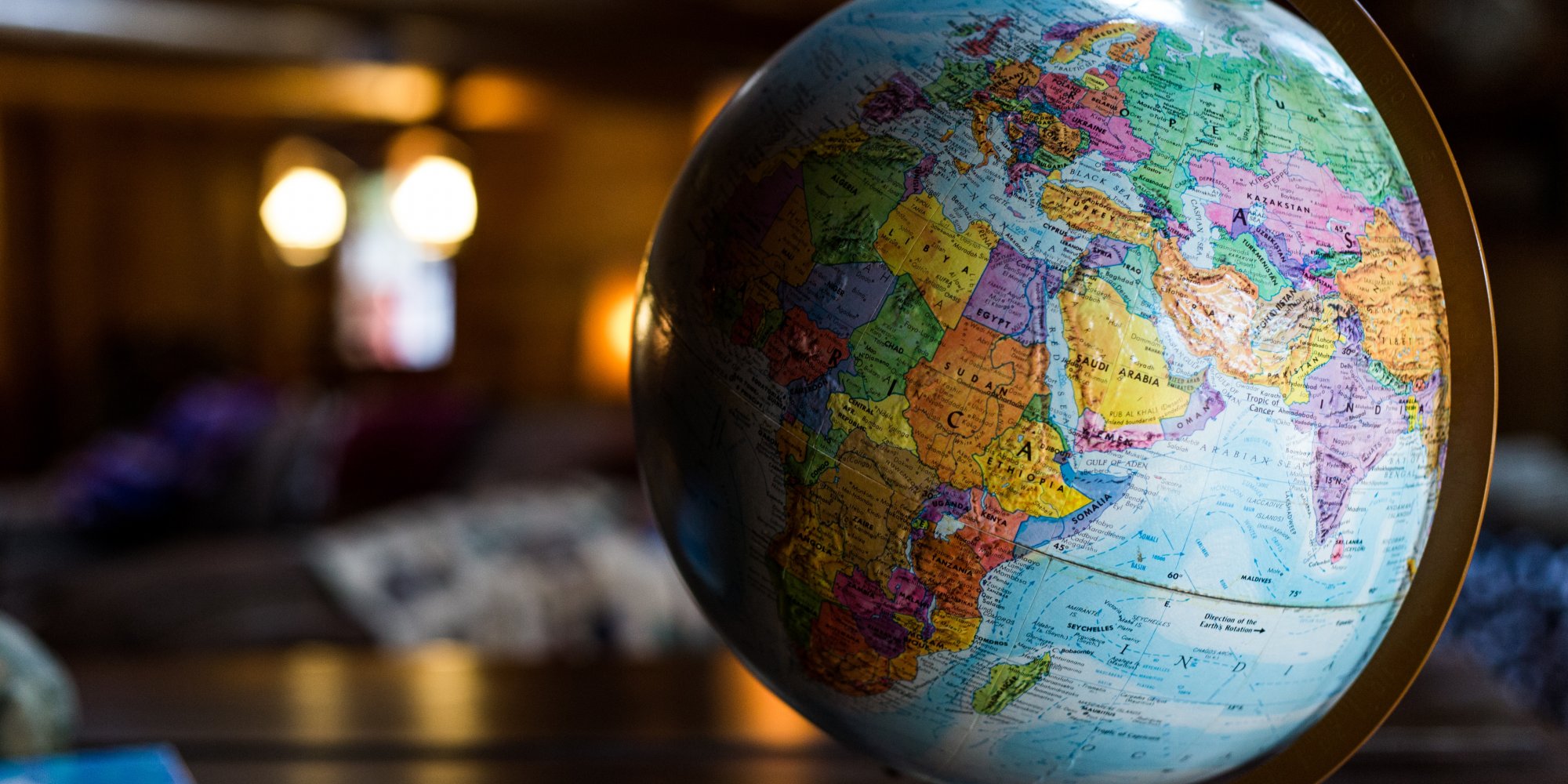Migration
Whether internal or cross-border, and, most importantly, whether voluntary or forced, migration, despite being usually defined as “human mobility,” is a multi-dimensional phenomenon dependent upon various factors such as distance, motivation and duration. Voluntary migration is welcomed, and even encouraged, in both the countries of origin and destination whereas forced migration is primarily considered a threat and results in traumas. Accordingly, more than 80% of voluntary migrants, also described as “economic migrants,” live in developed countries while more than 85% of forced migrants, exceeding 68 million in number, are in poor or developing countries, mostly as ‘urban refugees.’
With more than 4 million refugees by 2018, Turkey, a country experiencing almost all sorts of migration movement to a great extent, have been sheltering the highest number of refugees in the world since 2014. It is also at the top lines in domestic human mobility with nearly 2.5 million people per year. Moreover, Turkey is at the core of all migration movements and studies as a country with the Turkish diaspora of more than 6.5 million all around the world.
The fundamental universal principles and human dignity have been at odds with the growing human mobility all around the world in recent years, making the situation unmanageable. In this respect, under the auspices of the UN, new concepts, i.e. “Global Compact for Migration” and “Global Compact on Refugees,” have been established. These concepts essentially include the sharing of responsibility and permanent solutions. The main objectives set forth in the process of searching for permanent solutions include but are not limited to establishing more efficient burden and responsibility sharing mechanisms especially regarding refugees, providing more support for countries accepting refugees, ensuring the active participation of refugees to policy-making processes, realizing the responsibility taken by the civil society and business, and supporting local authorities, which are responsible for providing services to urban refugees during the social cohesion process.
MARUF aims to be a platform of importance contributing to the global agenda while discussing “migration” phenomenon thoroughly, focusing on both forced-voluntary migration and internal-international migration.
Sessions
| Session Name | Date | Time | Room |
|---|---|---|---|
| International human mobility and social cohesion | 1 October 2019 | 14:00 - 15:30 | Emirgan 2 |
| Sharing responsibility: Addressing the Global Compacts | 2 October 2019 | 09:00 - 10:30 | Üsküdar 3 |
| The Guest | 2 October 2019 | 13:30 - 15:30 | Hamidiye |
| Sharing experiences from cities: Roles and challenges on migration management | 2 October 2019 | 16:00 - 17:30 | Çamlıca |
| Syrians under temporary protection: The case of Turkey | 3 October 2019 | 09:00 - 10:30 | Emirgan 2 |

